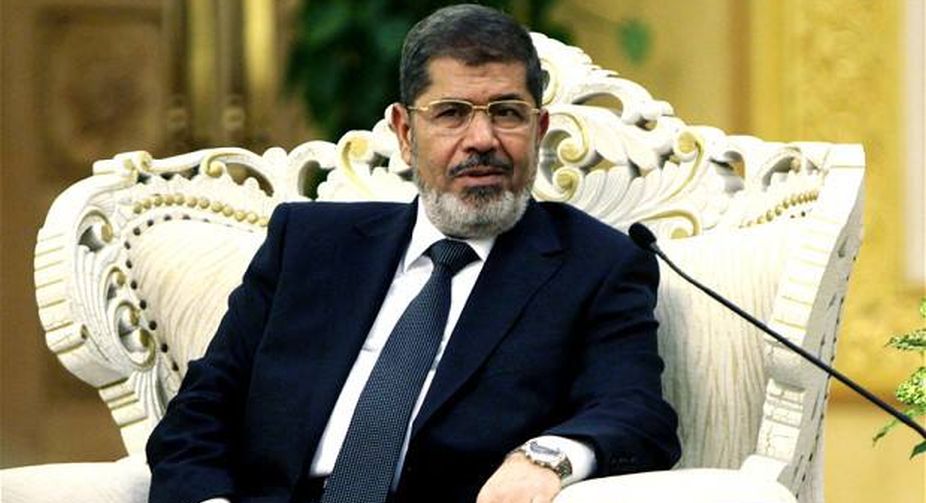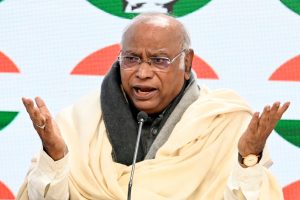Egypt’s Muslim Brotherhood has scored
a moral victory with Tuesday’s verdict of the Court of Cassation — one of the
country’s highest courts — to overturn the death sentence awarded to Mohamed
Morsi, the first democratically elected President. Ironically enough, he was in
2013 ousted by the military — a relic of the Mubarak era. Much as he has been
spared the gallows, reports from Cairo suggest that he is likely to remain in
prison indefinitely.
The annulment of his death sentence —
as well as the sentences against five other leaders of Muslim Brotherhood — underscores
the government’s circumspection on executing leaders of the entity, which still
maintains a measure of public support for its role in the ouster of President
Hosni Mubarak in 2011. It is quite obvious that the government of Field-Marshal
Abdel Fattah el-Sisi didn’t want to risk a renewed upsurge of violence in the
event of Morsi and his key associates being executed.
The Court of Cassation, an appellate
panel that interprets and applies Egyptian law, has ordered a retrial of a case
in which Mr. Morsi was charged with masterminding a prison break during the
2011 upheaval against Mubarak. Was the trial flawed?
Human Rights Watch and Amnesty
International have argued that the trials carried out by the government of
Sisi, who led the coup against Morsi, have been political in nature and had
violated the rights of thousands of Egyptians.
In whichever manner the retrial pans
out, Egypt’s military dispensation, which seeks to sustain the legacy of the
‘ancien regime’, is acutely aware that Morsi’s execution will shatter the
fragile calm that has been manifest since 2013. It bears recall that Sisi, who
was then commander of Egypt’s armed forces, had led an uprising that deposed
Morsi and the brief interregnum of the Muslim Brotherhood.
Maybe the possible drift towards an
Islamist state has been checked, but the fact must remain that Morsi and his
government did represent a democratically-elected team, verily the raison
d’etre of the Arab Spring.
Sisi led a crackdown against the
group, killing at least 800 people. Executing Morsi is very likely to make him
a martyr to millions of Islamists and ignite yet another bout of violence close
to six years after the Jasmine Revolution. An equally critical issue that will
continue to fester is the mass trial of opponents and prison abuse — both
legacies of the Mubarak regime.
Clearly, it is the anxiety over the
repercussion rather than any desire for reconciliation with the Muslim
Brotherhood, that appears to have afforded a breather to Morsi. Prisoners
awaiting the death penalty in Egypt wear red jumpsuits; for now, the elected —
and deposed — President can shed that attire signalling the end.
–Editorial










